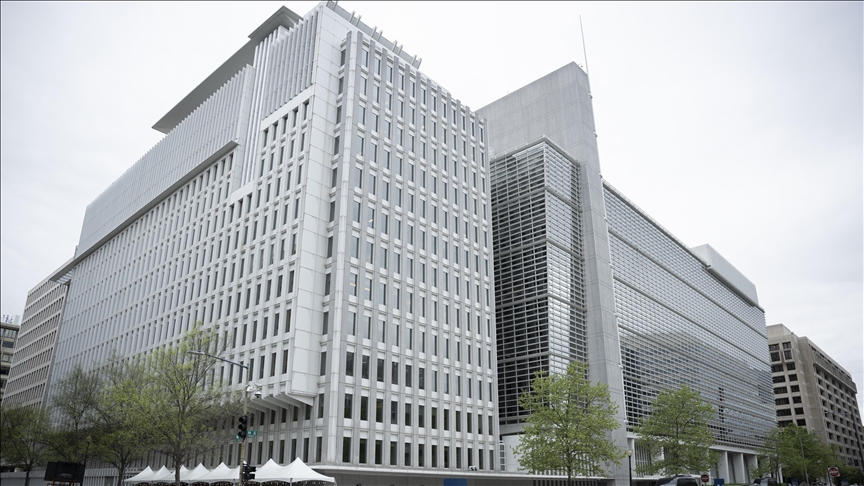FDI to developing economies in 2023 fell to lowest since 2005: World Bank
Decline in FDI coincides with global trend in which investment flows to advanced economies also slowed significantly, World Bank says
 The World Bank building
The World Bank building
ISTANBUL
The World Bank reported Monday that foreign direct investment (FDI) flows to emerging economies fell to $435 billion in 2023, the lowest level since 2005, amid rising trade and investment barriers.
"These barriers pose a significant threat to global efforts to mobilize financing for development," a statement from the World Bank said.
It emphasized that this decline coincides with a global trend in which investment flows to advanced economies have also slowed significantly.
High-income economies received just $336 billion in 2023, the lowest level since 1996.
"As a share of their gross domestic product (GDP), FDI inflows to developing economies in 2023 were just 2.3%, about half the number during the peak year of 2008," the bank said.
Noting that investment agreements tend to increase international direct investment flows by more than 40%, the statement said only 380 new investment agreements entered into force between 2010 and 2024, which is one-third of the levels in the 1990s.
The number of new trade agreements signed in the last decade has halved, from an average of 11 per year in the 2010s to 6 per year in the 2020s.
Foreign investments are a powerful source of economic growth under the right conditions, the statement said, noting that they are generally concentrated in the largest economies.
It stressed that between 2012 and 2023, only 10 countries received approximately two-thirds of all international direct investment in emerging economies, with China receiving nearly one-third, Brazil 10%, and India 6%.
The World Bank emphasized the importance of loosening investment restrictions by mentioning the policy steps necessary to achieve development goals.
“What we’re seeing is a result of public policy,” said Indermit Gill, the World Bank Group’s chief economist and senior vice president. “It’s not a coincidence that FDI is plumbing new lows at the same time that public debt is reaching record highs."
“With the global community gearing up for the Conference on Financing for Development, the sharp drop in FDI to developing economies should sound alarm bells,” said Ayhan Kose, the World Bank Group’s deputy chief economist and director of the prospects group.
“Reversing this slowdown is not just an economic imperative—it’s essential for job creation, sustained growth, and achieving broader development goals. It will require bold domestic reforms to improve the business climate and decisive global cooperation to revive cross-border investment," he added.
Anadolu Agency website contains only a portion of the news stories offered to subscribers in the AA News Broadcasting System (HAS), and in summarized form. Please contact us for subscription options.

